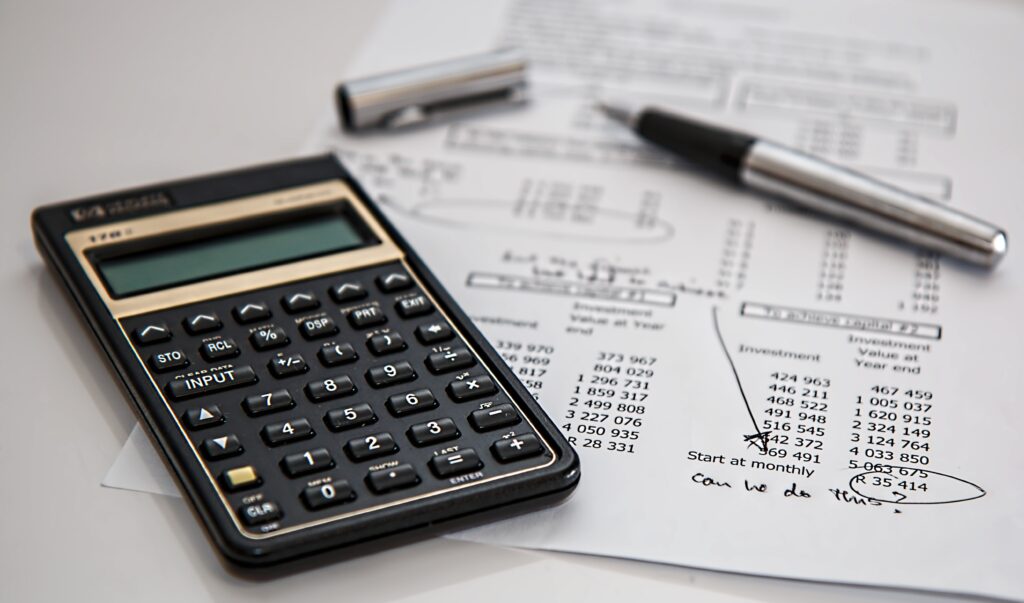Budgeting 101: Fixed vs. Variable Expenses – What You Need to Know

Budgeting is the cornerstone of financial stability, and at its heart, lies the division of expenses into two categories: fixed and variable. Understanding the distinction between these two types of expenses is essential for anyone striving to take control of their finances. In this blog post, we’ll explore the concepts of fixed and variable expenses, why they matter, and how to manage them effectively.
Fixed Expenses: The Steady Foundations
Fixed expenses are the financial constants in your life. These are the bills and payments that remain relatively stable from month to month. Some typical fixed expenses include:
- Rent or Mortgage: Your monthly housing payment is typically a fixed expense, meaning it remains the same each month if you have a fixed-rate mortgage or rent.
- Utilities: Bills like electricity, water, and gas tend to be consistent, with minor fluctuations based on usage or seasonal changes.
- Insurance Premiums: Insurance payments, such as car insurance, health insurance, or life insurance, often come with regular, predetermined costs.
- Loan Payments: Fixed-rate loans like personal loans or some student loans have stable monthly payments.
- Subscriptions: Monthly subscriptions to services like streaming platforms, gym memberships, or magazines usually have set fees.
- Property Taxes: Property taxes are typically billed annually or semi-annually but can be considered fixed expenses when spread out monthly.
Variable Expenses: The Shifting Sands
Variable expenses, as the name suggests, are less predictable and can fluctuate from month to month. These expenses may include:
- Groceries: Your grocery bills can vary significantly depending on your shopping habits and whether you dine out frequently.
- Entertainment: Expenses related to dining out, going to the movies, or attending concerts can vary based on your social activities.
- Transportation: Fuel costs, public transportation expenses, and car maintenance can fluctuate, especially if you take road trips or have a long commute.
- Clothing: Your clothing budget may change if you need to purchase seasonal items or if there’s a special event requiring a new outfit.
- Gifts and Celebrations: Variable expenses include gifts for birthdays, holidays, and other special occasions.
- Travel: Vacation expenses, including accommodation, dining, and activities, can vary widely based on your travel plans.
Why Understanding Fixed and Variable Expenses Matters
- Budgeting: Knowing the difference between these two expense types is crucial for creating a realistic budget. Fixed expenses are relatively stable, making them easy to plan for. Variable expenses require flexibility and may need more careful monitoring.
- Savings Goals: Understanding your fixed expenses enables you to determine how much of your income is already allocated, leaving you with a clearer picture of how much you can save and invest.
- Financial Stability: Managing fixed expenses ensures you meet your essential obligations, while keeping variable expenses in check allows for financial flexibility and resilience.
Tips for Managing Fixed and Variable Expenses
- Prioritize Fixed Expenses: Always make sure you allocate sufficient funds to cover your fixed expenses. Falling behind on rent, mortgage, or insurance payments can have serious consequences.
- Budget for Variability: When budgeting for variable expenses, use averages or historical data to estimate your monthly spending. Having a buffer for fluctuations can help you avoid surprises.
- Track Your Spending: Keep a close eye on your variable expenses by tracking your spending. There are many apps and tools available to help you monitor where your money goes.
- Emergency Fund: Having an emergency fund can be a lifesaver when faced with unexpected variable expenses like car repairs or medical bills.
Conclusion
Fixed and variable expenses are the yin and yang of your financial life. While fixed expenses provide stability and structure, variable expenses add fluidity and adaptability. Managing both effectively is the key to maintaining a balanced budget and achieving your financial goals. By understanding the nature of these expenses and integrating them into your budgeting strategy, you can pave the way to a more financially secure and flexible future.



